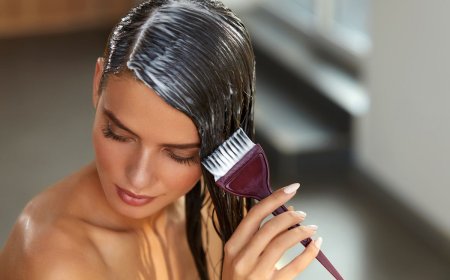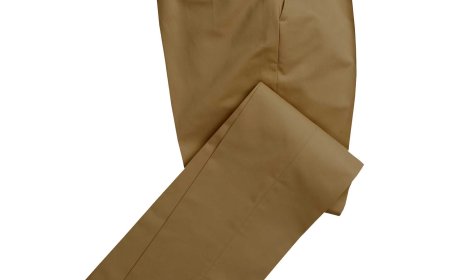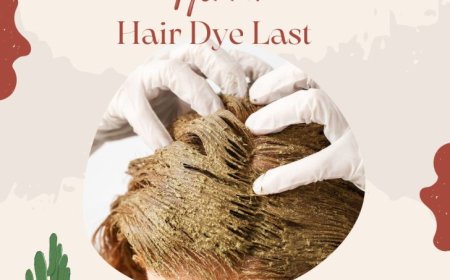Chebe Oil for Hair Growth: Does This Ancient Secret Really Work?
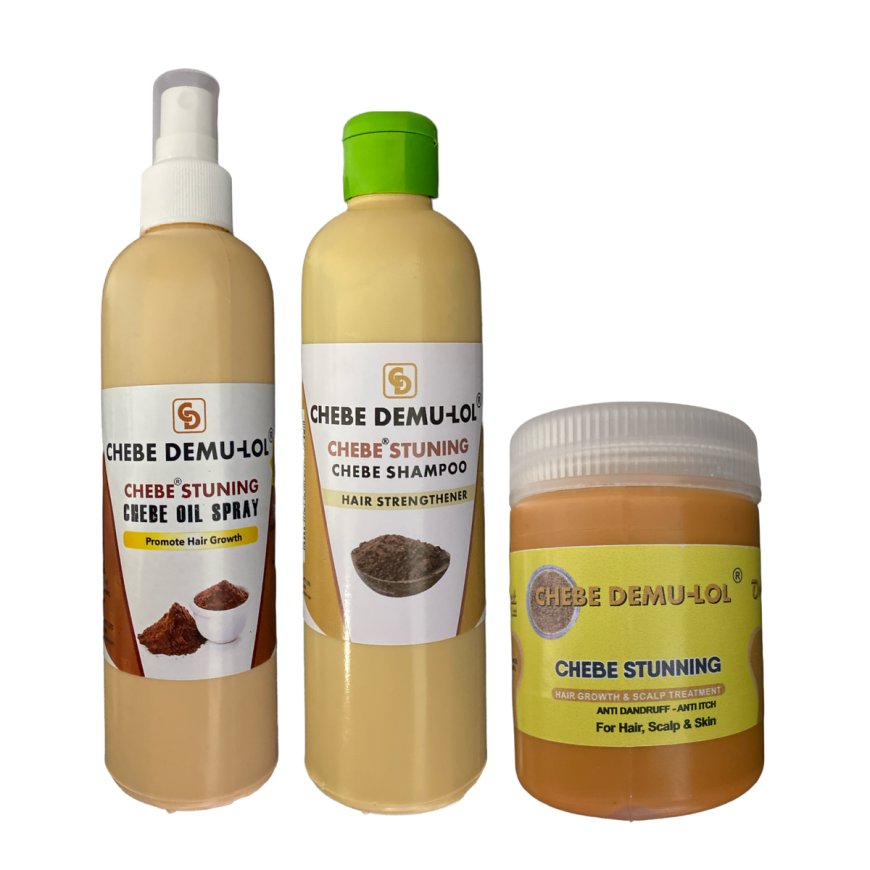
Throughout history, various cultures have employed natural remedies in their pursuit of beauty and health. One such remedy, drawing growing attention in contemporary hair care discussions, is Chebe oil. This intriguing substance, derived from the seeds of the croton zambesicus plant, has roots in the ancient traditions of the Chadian people. It is said to promote hair growth, strength, and overall health. But how much of this lore holds true in the scientific realm? In this exploration, we will critically assess the validity of Chebe oil as a legitimate treatment for hair growth.
Before venturing into the specifics of Chebe oil, it is essential to appreciate the contextual landscape in which this substance has thrived. The cultural significance of naturally derived products in hair care, particularly in African traditions, is substantial. The women of Chad have employed Chebe powder, often mixed with a variety of oils, for centuries, leading to longer, healthier hair. As the synthesis of traditional knowledge and modern science begins to converge, the challenge lies in discerning whether Chebe oil merits a position within contemporary health and beauty discussions.
What constitutes Chebe oil, and how is it utilized?
Chebe oil is not merely a standalone entity; it is typically a blend of Chebe powder with various carrier oils, such as coconut oil, grapeseed oil, or olive oil. The Chebe powder itself is crafted from the seeds of the croton zambesicus plant, a botanical endemic to the region. This powder is revered not just for its hair-enhancing properties but also for its distinctive aroma and texture, which can be somewhat reminiscent of a natural perfume.
Traditionally, the application method involves mixing the powder with the chosen carrier oil to create a paste, which is then massaged onto the scalp and hair. The scalp massage component is critical, as it stimulates blood circulation, an essential factor for promoting hair growth. But do not let the ritualistic aspect overshadow a scientific inquiry into the efficacy of Chebe oil in promoting hair growth. Are its claims substantiated by empirical research?
What does the science say about Chebe oil?
To evaluate the claims surrounding Chebe oil, we must dissect its potential biological mechanisms. Although comprehensive peer-reviewed studies are somewhat scant, several components within Chebe oil are known to carry properties conducive to hair health. For instance, Chebe oil is rich in essential fatty acids and nutrients, such as vitamins E and A, which can nourish the hair follicles. Such vitamins are crucial for cellular repair and growth, contributing to the vitality of hair health.
Furthermore, the presence of certain antioxidant properties in the oil may protect hair from environmental damage and oxidative stress—factors known to contribute to premature hair loss. The moisturizing properties of Chebe oil aid in reducing breakage and improving manageability, further positioning the substance as a credible contender in the realm of hair care.
Nevertheless, it is paramount to underscore that the existing literature primarily derives from anecdotal evidence, suggesting that while individual experiences may support the efficacy of Chebe oil, generalized scientific validation is still an area ripe for exploration.
Chebe oil vs. other hair growth solutions: A comparison
As the global beauty market burgeons with an array of hair care products, it is prudent to juxtapose Chebe oil against other popular solutions that claim to stimulate hair growth. Minoxidil, a synthetic hair regrowth treatment, is frequently at the forefront of discussions in this arena. Its effectiveness, substantiated by numerous clinical trials, draws many users towards pharmaceutical interventions rather than natural alternatives. However, the downside of such treatments often lies in side effects and the potential for dependency.
Contrarily, Chebe oil, as a natural product, may appeal to those seeking holistically derived treatments. The charm of applying a product rooted in cultural history can foster not only a connection to one's heritage but also instill a sense of empowerment in one's beauty routine. Additionally, the potential absence of harsh chemicals renders Chebe oil appealing to individuals with sensitive scalps or allergies. Yet, the question remains: can it genuinely compete with established chemical treatments in terms of effectiveness?
The inherent unpredictability associated with natural remedies introduces another layer to this discourse. Unlike well-regulated pharmaceutical solutions, the efficacy of natural products can exhibit variability based on several factors: individual biochemistry, application methods, and product quality. As such, while Chebe oil may hold promise, its results may not be universally applicable.
The cultural allure of Chebe oil and its significance
A focal point of any discussion surrounding Chebe oil must include the rich cultural heritage intertwined with its use. The practices of the Chadian women, who have historically utilized Chebe as a hair treatment, reflect a profound relationship with nature and an understanding of the benefits provided by the natural world. This cultural narrative transcends simplistic views of beauty, illustrating the interconnectedness between identity, heritage, and self-care.
However, while the appeal of Chebe oil is undeniable, ethical considerations arise when Western consumers appropriate traditional knowledge without acknowledging its origins or compensating the source communities. As such, engaging with indigenous practices should be approached with humility and respect, ensuring that the rich narratives behind these traditions are preserved and honored.
Are there drawbacks to using Chebe oil?
Like any product, Chebe oil is not without potential drawbacks. Some individuals may experience allergic reactions or irritation from any component within the oil. Therefore, conducting a patch test prior to full application remains a prudent measure. Additionally, some users may find Chebe oil burdensome in terms of application due to its dense texture and scent. Thus, the practicality of incorporating it into daily routines may not align with all lifestyles.
Furthermore, as with any holistic approach, expectations surrounding results should be measured. While Chebe oil may exhibit beneficial properties, it is not a panacea for all forms of hair loss or thinning. Integrating multiple strategies—such as maintaining a balanced diet, optimizing scalp care, and managing stress—will likely yield the most favorable outcomes.
Final thoughts: Is Chebe oil a hair miracle or a myth?
In conclusion, Chebe oil encapsulates a fascinating blend of cultural heritage, anecdotal claims, and emerging scientific understanding. While it may not boast the rigorous scientific backing associated with synthesized alternatives, its potential benefits rooted in natural ingredients merit attention and further exploration. Whether or not Chebe oil emerges as a hair growth miracle remains to be seen, but its rich history and significance instigate a compelling dialogue about the role of natural products in beauty regimens. Thus, the challenge lies with the consumer: to navigate the world of hair care with discernment, respect for cultural traditions, and a sense of inquiry regarding the products they choose to embrace.
What's Your Reaction?
 Like
0
Like
0
 Dislike
0
Dislike
0
 Love
0
Love
0
 Funny
0
Funny
0
 Angry
0
Angry
0
 Sad
0
Sad
0
 Wow
0
Wow
0

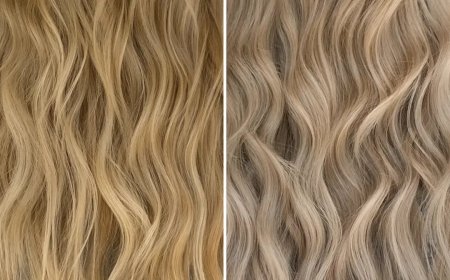
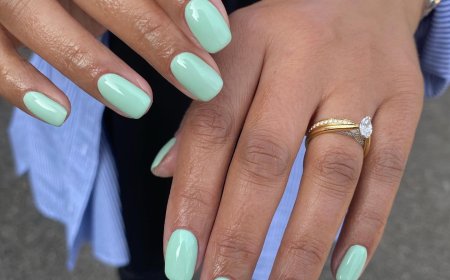
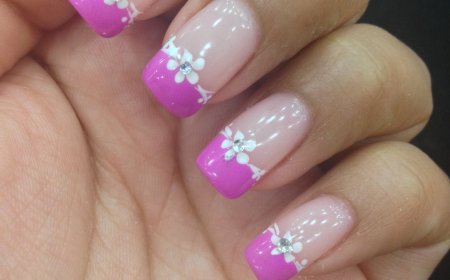

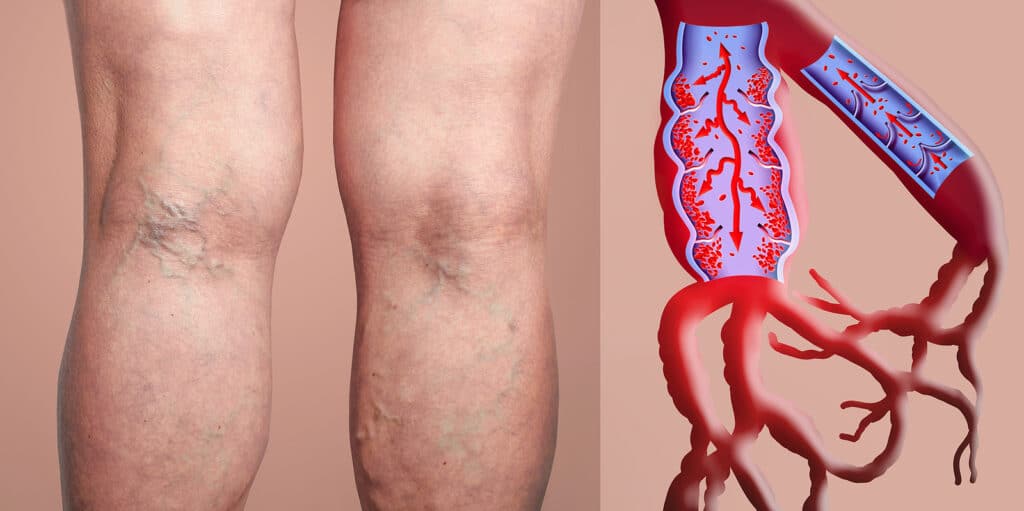


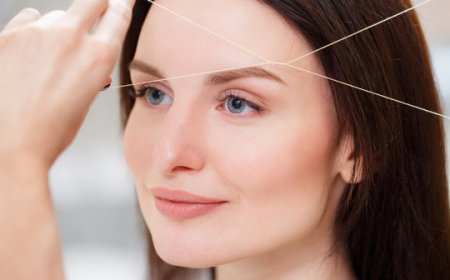
:max_bytes(150000):strip_icc()/drugstore-retinol-creams-tout-f76b9d2796e34eaa8376801c83fb1888.jpg)
